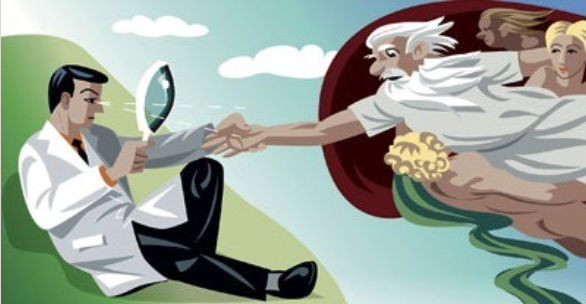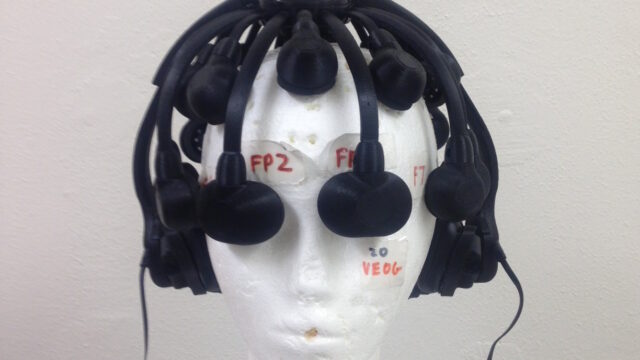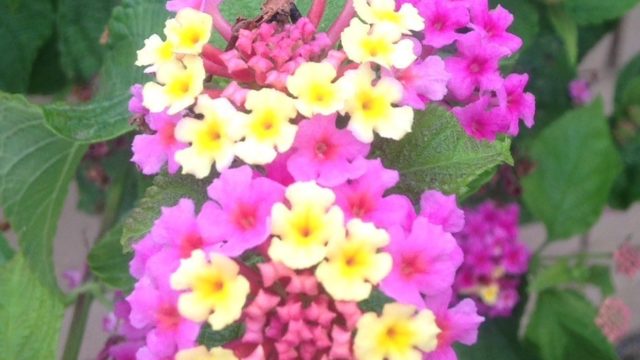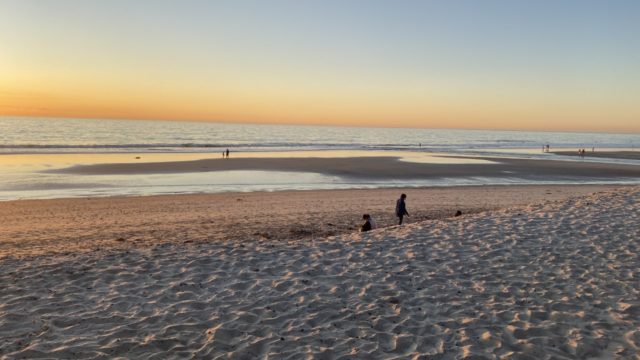
Retirement came early for me in 2018 after a 30-year career in scientific research because of the limits I encountered following that approach. As I’ve written in my 2020 autobiography Piercing the Clouds, it became increasingly obvious that science could not provide me with answers to the burning, ultimate questions I had; questions about reality, consciousness, the mind, etc. (see My Unease with Science).
Trying to find answers, I convinced myself that knowledge could flow from other sources—such as first person or noetic experiences. Noetic means inner wisdom, direct knowing, intuition, or implicit understanding. It is a way of knowing beyond our traditional senses. Scientists often deride this approach as subjective, religious, even mystical. Their reasoning is that it lacks verifiability since by definition only one person can access such knowledge. And verifiability is the sine qua non of science—otherwise, how can one trust the results? It was, therefore, with a tremendous apprehension that I left academia to pursue such alternative approaches.
Even as this new direction bears fruit, there have been moments in which I’ve questioned the sanity of my decision. I still lack confidence in my own insights, and original thoughts lack truthfulness and validity until someone else confirms them. Hence, it was with a great deal of surprise and relief that I read the latest version of The New Scientist magazine (Jan 2023). Its discussion of the limits of knowledge instantly crystallized the fuzzy thoughts I had that led to my retirement. The coverage validated my decision to leave and motivated me to compose this essay as a summary of the arguments. The intention is to give a clear description, while providing a grounding of support for others’ questioning of the matter.
The first major problem encountered in terms of the limits of knowledge is that, from a scientific perspective, we must first be able to identify, define, and quantify the object of study. This does not prevent its investigation, but makes the process difficult, if not impossible. Quantum mechanics shows that the underlying nature of reality is probabilistic and inherently unknowable. This implies there is a hard limit to our understanding of it. Hence, we know of a handful of subjects that even the laws of nature tell us we can never study scientifically. While such a list is not exhaustive, it gives a sense of where we cannot go:
- The inside of a black hole
- Going beyond the edges of the expanding universe
- Knowledge of the quantum world
- The origin of life
- The inner workings of the human soul
- Consciousness
- The supernatural
Part of this limitation involves what scientists have termed “the limit of horizons.” Just like the horizon on a clear day represents a fundamental limit on how far we can see, imposed by the curvature of the earth, the origins of the universe and of life on earth are subject to a type of horizon. For about 300,000 years following the Big Bang, scientists theorize that the environment was so hot and dense that electrons, proton, neutrons, and even photons combined. Then, in what has been called “recombination” the universe cooled enough allowing charged particles to combine to form basic elements like hydrogen. This meant that photons, which have no charge, could no longer combine with other particles and were free to roam, allowing us the ability to “visualize” objects. For now, we cannot visualize the universe prior to recombination—a major constraint. Likewise, biologists can trace all species to a single organism. This last universal common ancestor (LUCA) gave root to all life on earth. Unfortunately, it’s the end of the trail since we cannot study what came before it. Thus, it represents a kind of horizon limiting scientific investigation of the origin of life.
Another major limitation to a scientific exploration is the complexity of nature, its objects, and their relationships. Weather prediction, understanding how a disease spreads, the way proteins fold, and how the brain works are so complex that we can only study tiny parts at a time. Super computers and artificial intelligence are approaches that have helped push the limits created by such complexity. At some point, however, these tools will “understand” but humans won’t—a limit we may have already crossed (see The Evolution of Multidimensionality).
A final limitation is that the tools we have to study nature and its complexities are inadequate. From language to describe the dynamics, to the mathematics that quantifies it, to logic and the science of the formal principles of reasoning, these either don’t exist or are insufficient. Mathematics, for example, has to make assumptions about reality—and its validity rests on such assumptions. Are we sure we are using the right assumptions? Kurt Gödel’s incompleteness theorem states that if you have a consistent mathematical system (i.e., a set of axioms with no contradictions) in which you can do a certain amount of arithmetic, then there are statements in that system which are unprovable using only that system’s axioms. The mathematics is incomplete, and it is, therefore, impossible to prove everything. This problem reminds me of an Emily Dickinson poem on nature which asserts that, “Nature is what we know—Yet have no art to say—”
Given these and other limitations of science, what can overcome them? First is to recognize there are alternative paths to knowledge. Whether we focus on what we consider emotions or knowledge of the heart, action and selfless service, or faith, meditation, noetic, and religious experiences, what we learn from these alternative approaches is that we can indeed capture distinct aspects and dimensions of the same reality. These approaches provide access to unique forms of knowledge which may be indescribable, but an experience that we can still try to communicate to others.



